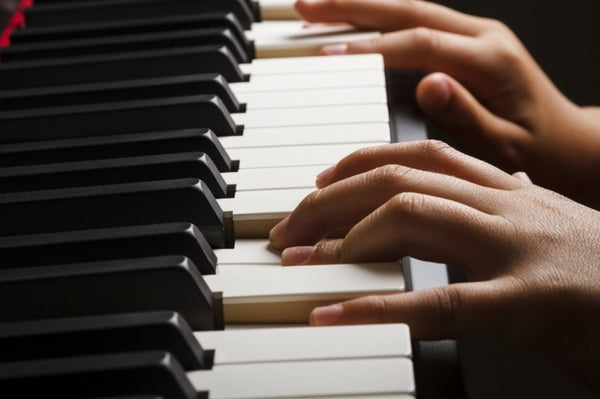Learning to play an instrument in youth helps older people retain listening skills, according to a new study published in the Journal of Neuroscience.
In an experiment at the Rotman Research Institute at Baycrest Health Sciences in Toronto, scientists took 20 healthy adults, age 55-75, half of whom had music training in their youth and half who did not. All the subjects wore headphones and were tested using electroencephalography (EEG) for how fast they could identify random speed sounds.
The ability to recognize and comprehend speech diminishes with age even without measurable hearing loss, but in the experiment those who had experience playing an instrument were 20 percent faster in identifying random speech sounds than the non-musicians, suggesting that music training protects against certain age-related cognitive declines.
“Musical activities are an engaging form of cognitive brain training,” said lead author Gavin Bidelman, now at the University of Memphis, in a press release. “In our study we were able to predict how well older people classify or identify speech . . . We saw a brain-behavior response that was two to three times better in the older musicians compared to non-musician peers. In other words, old musicians’ brain provide a much more detailed, clean and accurate depiction of the speech signal, which is likely why they are much more sensitive and better at understanding speech.”
Bidelman and his team concluded that engaging in formal music training before the age of 14 and continuing for at least a decade produced the most positive changes in the brain.
While this particular study did not look at learning a musical instrument later in life, the results add to a growing body of evidence that suggests learning to play an instrument at any age is beneficial to brain health.
Earlier this year researchers at the University of Vermont found that the more a child trains on an instrument the better he or she is in attention, management of anxiety and emotional balance. And in 2013 scientists in Montreal provided evidence suggesting that ages six to eight were a kind of “sweet spot” for music training in terms of producing long-lasting positive effects in both motor skill and sensory perception.




